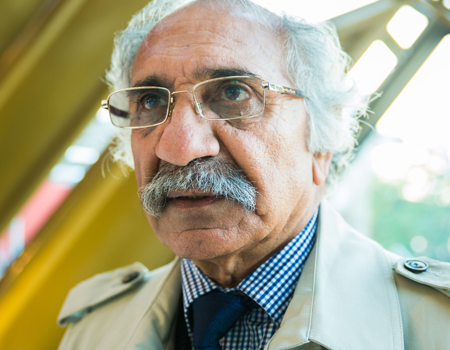Reconciliation: Supporting the cause beyond National Reconciliation Week
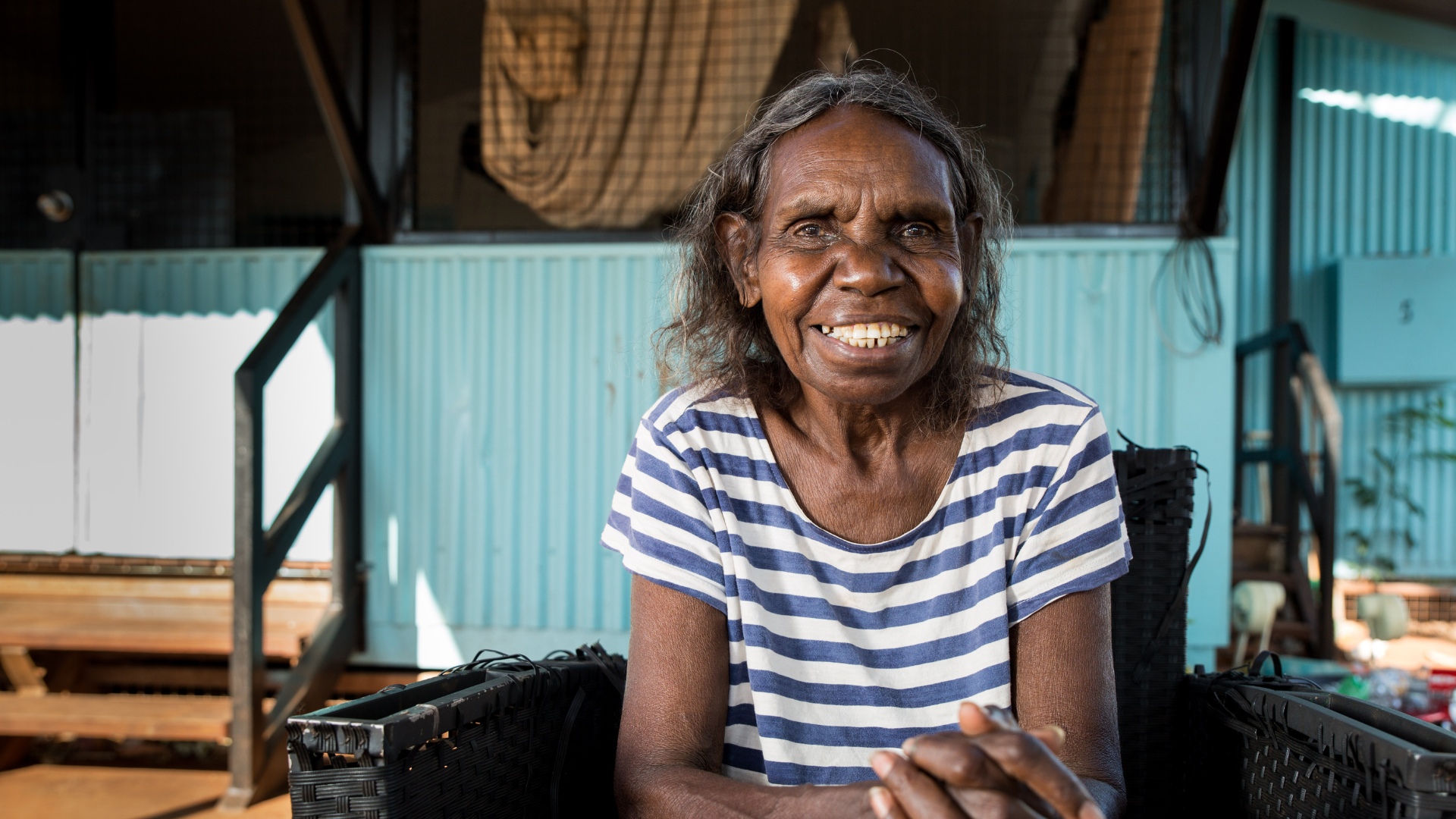
While National Reconciliation Week is an ideal time for businesses to learn about and engage with Aboriginal and Torres Strait Islander issues, it is important to show continued support throughout the year. We’ve provided a list of key resources for individuals and businesses to engage with to support reconciliation beyond National Reconciliation Week.
In a hurry?
Click on the link below to go straight to the section you’re most interested in:
- What does reconciliation mean?
- What is National Reconciliation Week?
- The significance of 27 May and 3 June
- Why is National Reconciliation Week important?
- How can my business and I get involved?
What does National Reconciliation Week mean?
For Aboriginal and Torres Strait Islander Peoples, Australia’s colonial history is characterised by devastating land dispossession, violence, and racism. Many families had their children forcibly removed. This treatment has caused many Aboriginal and Torres Strait Islander Peoples to experience injustices in health, education, employment, and living standards as well as intergenerational trauma.
Reconciliation is about creating equity and equality, closing the gap and building relationships to do this. Over the last half century, however, many significant steps towards reconciliation have been taken.
Reconciliation is an ongoing journey that reminds us that while generations of Australians have fought hard for meaningful change, future gains are likely to take just as much, if not more, effort.
What is National Reconciliation Week?
The dates are the same each year: 27 May to 3 June. These dates commemorate two significant events in the reconciliation journey – the successful 1967 referendum and the High Court Mabo decision.
The significance of 27 May and 3 June
3 June marks the historic 1992 Mabo decision in which the High Court of Australia recognised native title – the recognition by Australian law of Aboriginal and Torres Strait Islander Peoples traditional rights and interests in land and waters held under traditional law and custom. The Mabo case was successful in overturning the myth that at the time of colonisation Australia was “terra nullius” or land belonging to no one. The High Court recognised the fact that Indigenous peoples had lived in Australia for thousands of years and a year later the Native Title Act 1993 (Cth) was passed.
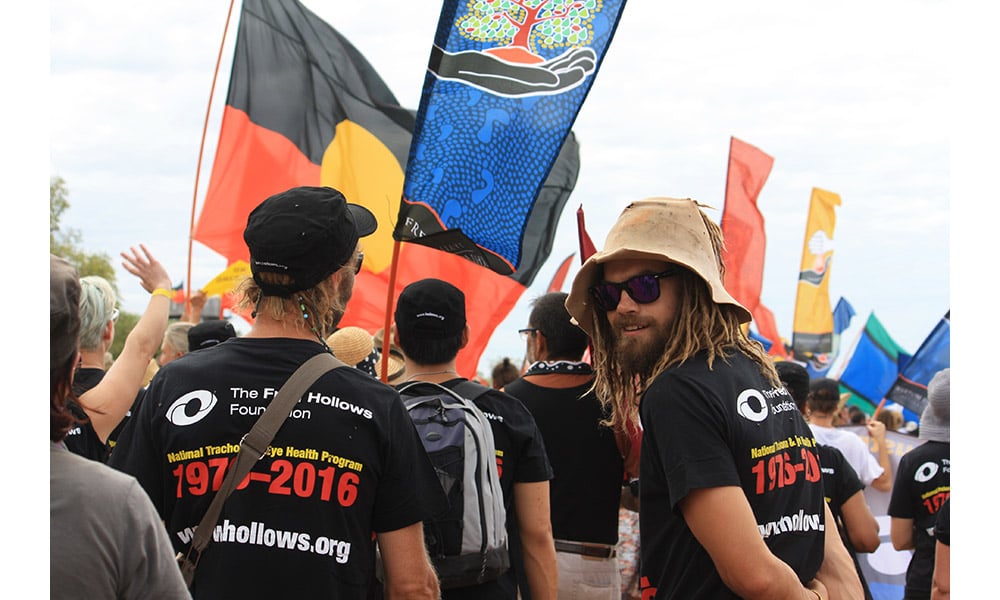
Photo credit: The Fred Hollows Foundation
Why is National Reconciliation Week important?
National Reconciliation Week provides a yearly focus for working towards the goal of a just, equitable and reconciled Australia. It is an ideal time for organisations, businesses, schools, universities, community groups and workplaces to advance understanding of reconciliation within their own places and their own lives whilst making actionable plans towards the continued goal of reconciliation. By taking continuous steps - big or small - towards reconciliation, we are encouraged to take action and create change towards building a more equal Australia.
How can my business and I get involved?
We’ve provided the following resources to read, watch and share that will advance your understanding of Aboriginal and Torres Strait Islander experiences and provide a starting point for your journey towards reconciliation:
1. Read
Acclaimed journalist Stan Grant turned his viral 2015 speech on how racism and bigotry are ruining the Australian dream into his second, heartbreaking book. Published in 2016, Talking to My Country sees Grant tell a personal story of growing up in a racist country. It talks to every Australian about their country - what it is, and what it could be. Talking to My Country is not just about race, or about Indigenous people, but all of us, our shared identity.
Tell Me Why by Archie Roach
Iconic Indigenous Australian singer-songwriter Archie Roach’s memoir, Tell Me Why, explores the power of music, connection and culture. The book also highlights Roach’s childhood trauma which stems from being forcibly removed from his family as a toddler as a part of Australia’s Stolen Generation.
My Tidda, My Sister by Marlee Silva
Silva’s debut novel, My Tidda, My Sister, shares the experiences of many Indigenous women and girls. The voices of First Nations’ women that Marlee weaves through the book provide a rebuttal to the idea that ‘you can’t be what you can’t see’. For non-Indigenous women, it demonstrates the diversity of what success can look like and offers an insight into the lives of their Indigenous sisters and peers. Some stories are heart-warming, while others shine light on the terrible realities for many Australian Indigenous women. But what they all share is the ability to inspire and empower, creating a sisterhood for all Australian women.
ANTaR has provided an array of Indigenous Australian novels and poetry in their reconciliation reading list.
2. Watch
Acclaimed 2020 documentary, In My Blood It Runs examines the problems faced by Indigenous children when taught entirely from the state education curriculum. The film follows the story of 10-year-old Dujuan who lives with his family on Arrernte Country on the outskirts of Alice Springs.
You can watch the powerful documentary via Vimeo.
Reconciliation Film Club
In 2017, Reconciliation Australia, in partnership with National Indigenous Television (NITV) and broadcaster SBS launched the Reconciliation Film Club. The online platform supports organisations to host screenings of a curated selection of compelling Indigenous documentaries from Australia’s leading Indigenous filmmakers, and Indigenous news and current affairs. Now, SBS is distributing screening copies of several documentaries so individuals can host National Reconciliation Week-themed screenings in your workplace or communities.
Among the documentaries on offer are Black Divas, a film that investigates sisterhood drag, the queer community and politics, and Incarceration Nation, a documentary that connects the relentless government intervention since colonisation to the trauma and disadvantage experienced by Indigenous Australians.
3. Learn
-
Learn about the traditional custodians of your local area. This map is a great resource.
-
Learn about Aboriginal and Torres Strait Islander Peoples and perspectives. This website will give you a glimpse of how life looks from an Aboriginal or Torres Strait Islander perspective.
-
Racism: It stops with me is a national campaign that provides tools and resources to help people and organisations learn about racism and stand against it. See it. Call it out. Report it.
-
Get your facts straight from the source. Check out NITV, Koori Mail, Indigenous X, ABC Indigenous.
-
Aboriginal and Torres Strait Islander Peoples are the most incarcerated people in the world, proportionally. Learn and understand why. Support Change the Record, Raise the Age, and Family Matters campaigns.
-
When talking about the history or story of Australia, always include the participation and presence of Aboriginal and Torres Strait Islander Peoples. Find out ways to learn and talk about Australia's history.
-
Learn about and understand cultural safety and inclusive practices in your life and work. Seek cultural awareness training locally or find a facilitator via Supply Nation.
-
Learn about the importance of the flag protocol here.
4. Share
- Find the time to talk with your family and friends about why it is important for all Australians to build respectful relationships with each other, and especially with Aboriginal and Torres Strait Islander Peoples.
- You can also show support by following and reposting Reconciliation Australia on Facebook, Instagram and Twitter.
5. Take action
- Do an Acknowledgement of Country before meetings and presentations to show your respect for Traditional Owners. Add an Acknowledgment of Country to your website and email signature.
- Implement a Reconciliation Action Plan (RAP). A RAP will give your organisation a framework to contribute to the reconciliation movement. RAPs deliver tangible and substantial benefits for First Nations Peoples and increase cultural safety in the workplace. Use this link to get started.
- If you didn’t learn about Aboriginal and Torres Strait Islander cultures at school, make sure your kids do now. Challenge colonial perspectives on history, support school curriculum changes and commit to an RAP in your school.
6. Be an ally
- First Nations Peoples make up just 3% of Australia’s population. Allies help to amplify issues and take action. Understand how to be a good ally.
- NRW is an ideal time for non-Indigenous people to stop and reflect on how they are engaging with Aboriginal and Torres Strait Islander issues. Are you Tokenistic? An Ally? Or an Accomplice? Accomplices are people who stand and act with Aboriginal and Torres Strait Islander Peoples. Accomplices are prepared to allow Indigenuos people to define the issue and the required action.
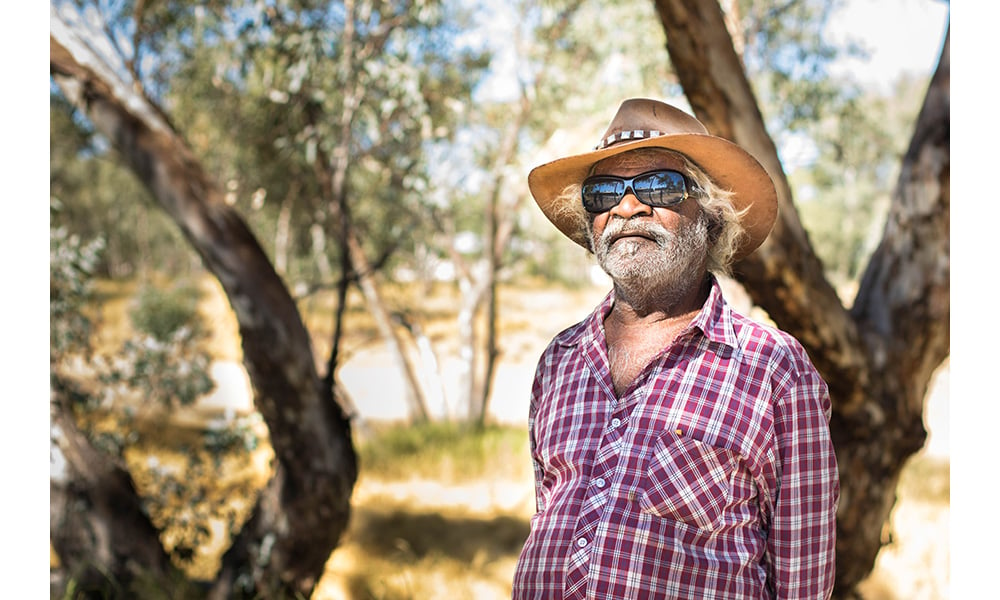
Photo credit: Mary Tran
COVER PHOTO: Daniel Jesus Vignolli
Meet the author
Related articles
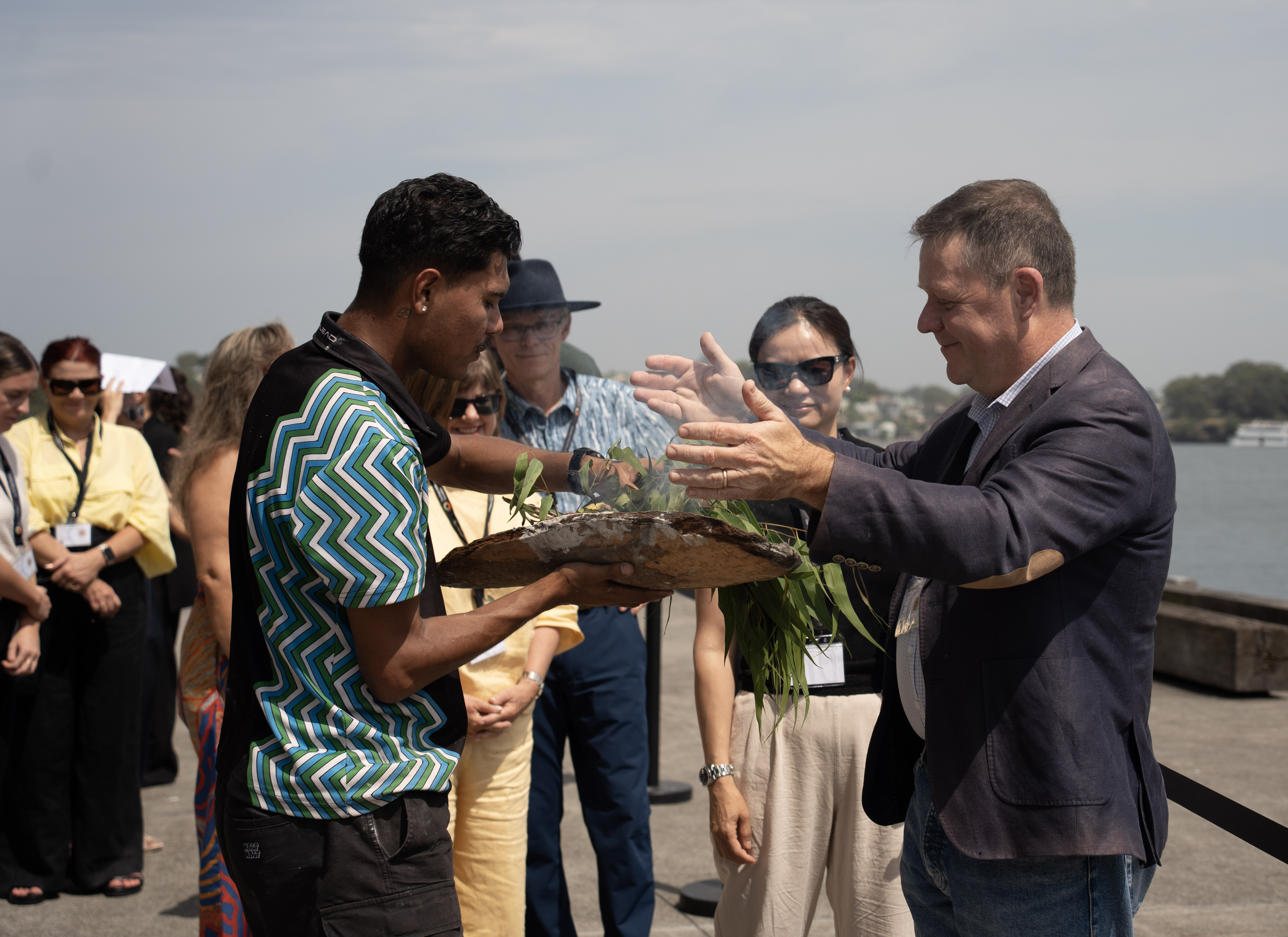
Friends of Fred: A day of connection, culture, and advocacy in eye health
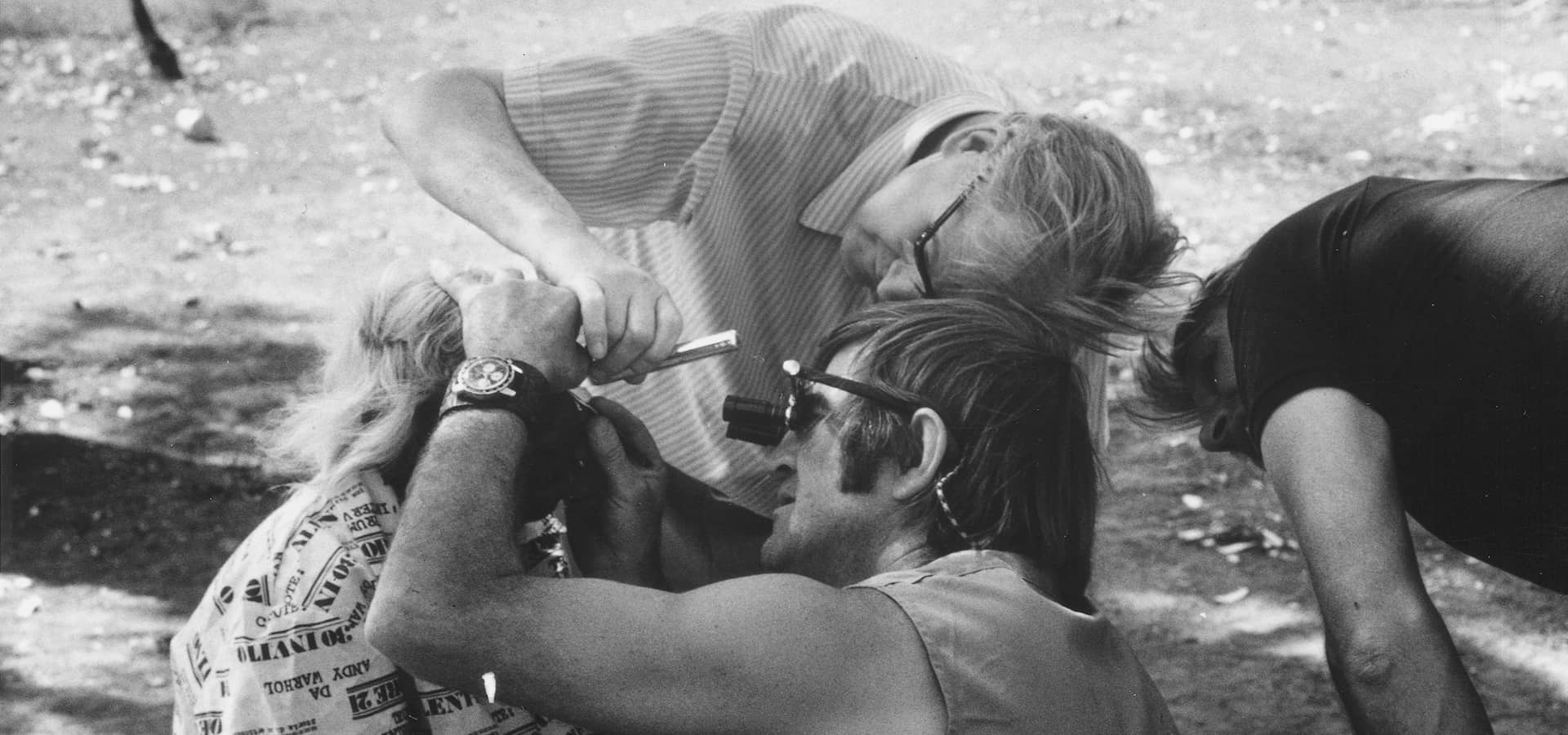
Why we're still fighting to end trachoma, 50 years on



